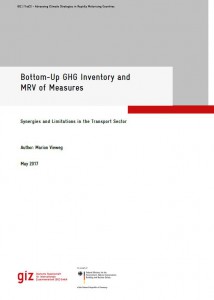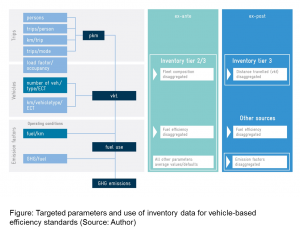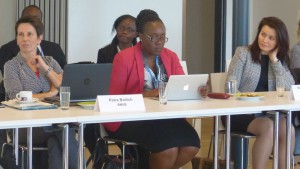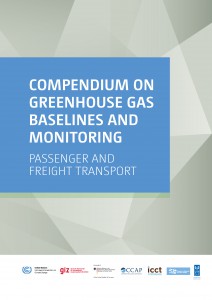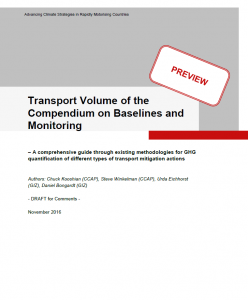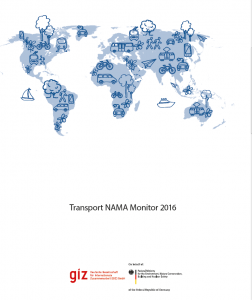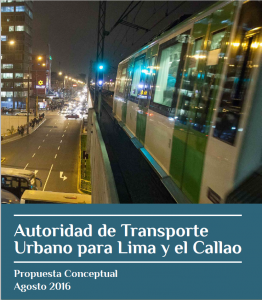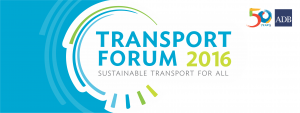Save the Date: 18/09/2017: Workshop − Rethinking Urban Transport through Global Learning
The German Environment Agency (UBA) together with the Deutsche Gesellschaft für Internationale Zusammenarbeit (GIZ) are jointly hosting the international workshop “Reverse Innovation − Rethinking Urban Transport through Global Learning”.
The workshop will take place on the 18th of September 2017 in Berlin. In the context of the European Mobility Week (September 18th to 22nd 2017) and in parallel to the Transport and Climate Change Week (by GIZ on behalf of BMUB) the workshop will inspire urban mobility development in German cities.
Since challenges of digitalisation and decarbonisation of transport and mobility are on the rise globally, mutual learning for cities become more vital than ever before. Cities can rely on a wide range of experiences in the European Union, which has been promoting city networks and bringing together urban mobility actors for many years. But it is particular worth looking beyond Europe’s borders as foreign business innovations are proving. Electric busses come from China and flexible delivery services via app are daily routine in India and Indonesia.
What are the potentials of reverse innovations in the field of urban mobility? In how far can German cities learn from urban mobility developments coming from developing countries?
Addressing these questions, the president of the German Environment Agency, Ms. Krautzberger, as well as Mr. Dr. Beier, the Member of GIZ Management Board, will jointly open the workshop and kick-start the discussion on the potential of reverse innovation in the field of urban mobility.
Then the workshop will provide practical innovation examples from developing and emerging countries such as China, Egypt, Indonesia and India that ought to ignite a lively discussion with the diverse audience.
Furthermore, a high-level panel discussion will be hosted whose panellists include German Mayors, high ranking company representatives and innovation researchers. Please find a tentative agenda here.

